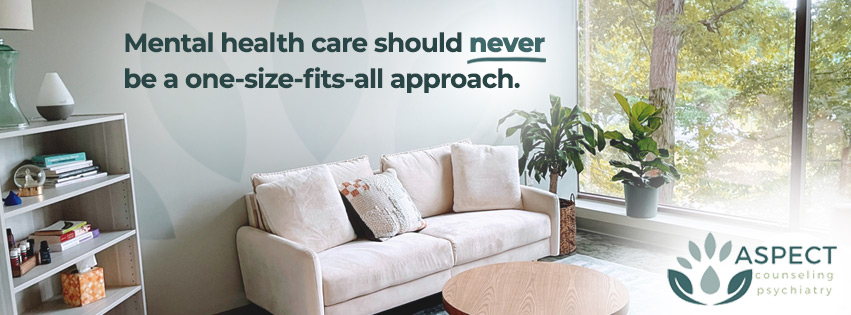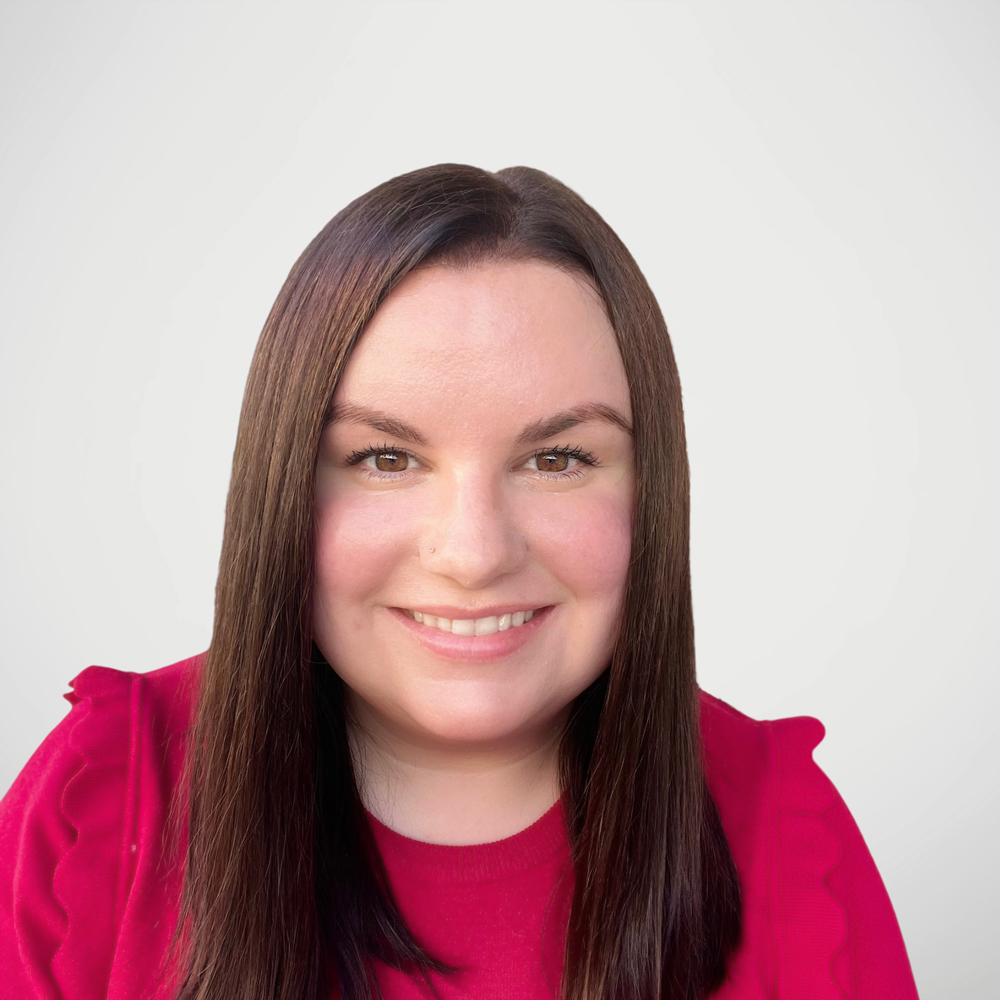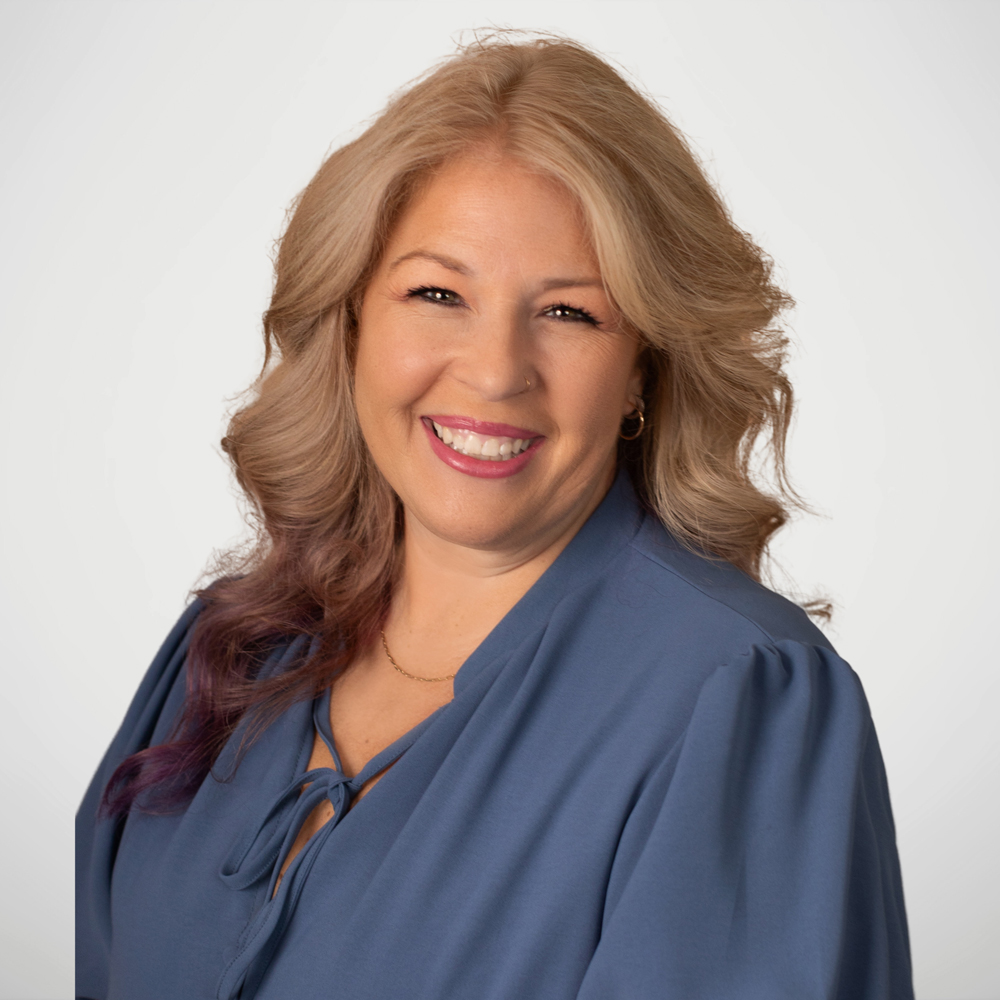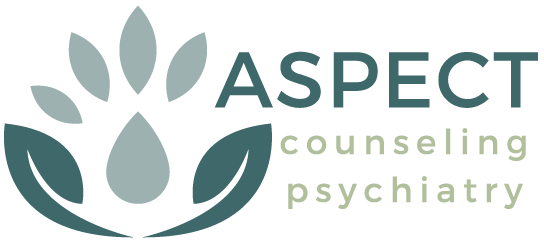If you’re looking for substance abuse counselors in Richmond, VA, our licensed professionals are here to help. We treat various forms of drug abuse & substance use disorders.
Not only do we provide counseling, but our therapists work closely with our board-certified nurse practitioners to provide more comprehensive care. Our PMHNPs can perform substance abuse evaluations, diagnose certain conditions, and prescribe medication, if needed.

- Our substance abuse counselors are available for in-person sessions in Richmond, VA, as well as telehealth throughout Virginia
- We never take a one-size-fits-all approach; every client is unique
- Our PMHNPs work alongside our counselors to help diagnose conditions, run tests, and prescribe medication, if needed
If you’re curious how a substance abuse counselor might be able to help, let’s define some commonly used terms, talk about the signs & symptoms of substance abuse, and discuss a few treatment options that you might find helpful.
- What Is Substance Use Disorder?
- Substance Abuse Disorders vs. Substance Use Disorders (SUDs)
- Substance Use Symptoms
- Substance Use Evaluations/Assessments
- Types of Therapy to Treat Substance Use Disorders
- How Our Substance Abuse Counselors Can Help
- What to Expect During a Counseling Session
- Substance Abuse Treatment FAQs
- Our Therapy Office
- Take the First Step Toward Recovery
What Is Substance Use Disorder?
Substance Use Disorder (SUD) is a medical condition characterized by an uncontrollable use of substances such as alcohol, prescription medications, or illicit drugs despite harmful consequences.
It affects the brain’s reward, motivation, and memory systems, making it difficult for individuals to stop on their own.
Key Facts About Substance Use Disorders:
- According to the National Institute on Drug Abuse, approximately 20 million Americans aged 12 or older have a substance use disorder.
- SAMHSA reports that only about 10% of individuals with SUD receive treatment.
- Substance use disorders can impact physical health, mental health, relationships, and occupational performance.
Understanding SUDs is the first step in seeking professional support and effective treatment.
Substance Abuse Disorders vs. Substance Use Disorders (SUDs)
While these terms are often used interchangeably, there is a slight distinction:
| Term | Definition | Example |
|---|---|---|
| Substance Abuse Disorder | Historically used to describe repeated harmful use of substances | Repeated alcohol binge drinking affecting work and relationships |
| Substance Use Disorder (SUD) | Modern, clinical term encompassing a spectrum from mild to severe | Alcohol use disorder, opioid use disorder, cannabis use disorder |
Using the “SUD” terminology aligns with DSM-5 diagnostic standards and is more precise for treatment planning.
We will use both terms interchangeably throughout the rest of this page, but please know that our office aligns with current DSM-5 standards.
Substance Use Symptoms
Recognizing the signs of substance use is critical for early intervention. Symptoms may include:
- Behavioral changes: secrecy, withdrawal from family/friends, neglecting responsibilities
- Physical signs: bloodshot eyes, changes in appetite, unexplained weight loss or gain
- Emotional signs: mood swings, anxiety, depression
- Cognitive signs: poor concentration, memory problems
Examples of Substance Use Disorders:
- Alcohol Use Disorder
- Opioid Use Disorder
- Cannabis Use Disorder
- Stimulant Use Disorder (cocaine, methamphetamine)
- Nicotine Use Disorder
For more information, see the CDC’s National Center for Health Statistics.
Substance Use Evaluations/Assessments
A substance use evaluation is often the first step in treatment. Evaluations help identify:
- types of substances used
- frequency and quantity of use
- impact on physical, mental, and social health
- co-occurring mental health conditions
What you can expect during a SUD evaluation:
- Clinical interview with a licensed counselor or therapist
- Screening questionnaires or standardized assessment tools
- Review of medical and psychiatric history
- Personalized treatment recommendations
Types of Therapy to Treat Substance Use Disorders
Evidence-based therapies for SUDs include:
Cognitive Behavioral Therapy
Identifies triggers and develops healthier coping strategies.
Motivational Interviewing
Enhances motivation to change substance use behaviors.
Dialectical Behavior Therapy
Focuses on emotional regulation and coping with stress.
Group Therapy
Provides peer support and accountability.
Family Therapy
Addresses relational patterns that affect recovery.
Combining multiple treatment approaches often yields the best outcomes. We have counselors on staff that provide all of these therapy options.
How Our Substance Abuse Counselors Can Help
Our substance abuse counselors in Richmond, VA specialize in individualized, evidence-based care. They can:
- conduct thorough assessments to identify your unique needs
- create a personalized treatment plan
- provide ongoing counseling and support
- teach coping strategies to prevent relapse
- coordinate care with nurse practitioners for advanced care & medication management, when necessary
Substance Abuse Counselors in Richmond, VA
Finding a local counselor is essential for convenient and consistent care. Our team offers:
- licensed professionals trained in SUD treatment
- confidential and compassionate sessions
- flexible scheduling for adults and teens
- integrated care addressing co-occurring mental health conditions

Carlie Powers
LMFT, CST, CAADC
Hunter Worsham
LPC

Josh Barefoot
LPC

Laurie Manns
LPC, CSAC

Robyn D’Reaux-Rodgers
LCSW

Shenika Whitaker-Carlos
LCSW, CSOTP
What to Expect During a Counseling Session
When you attend a substance abuse counseling session, you can expect:
- a safe, non-judgmental environment
- discussion of substance use history, triggers, and goals
- development of coping strategies and relapse prevention plans
- emotional support and skill-building exercises
Each session is tailored to your pace and comfort level.
Substance Abuse Treatment FAQs
Here are a few general questions about substance abuse counseling and the services we provide at our office in Richmond, VA.
Substance use refers to the consumption of alcohol, drugs, or other psychoactive substances, whether recreationally or habitually.
A substance use disorder (SUD) is a medical condition where substance use causes significant impairment or distress, interfering with daily life.
Alcohol Use Disorder is the most prevalent SUD in the U.S., followed by cannabis and opioid use disorders.
Yes. SUD is classified as a behavioral health disorder and often co-occurs with other mental health conditions such as depression or anxiety.
SUDs can result from a combination of genetic, environmental, and psychological factors, including trauma, stress, and social influences.
Yes. Our office accepts many forms of insurance, including medicare. Check our insurance page for a complete list of insurance providers.
Our Therapy Office
Our therapy office is located in the heart of West End Richmond, in the Innsbrook business complex—at the crossroads of I-64, I-295, Hwy 288, and West Broad St. We share the Liberty Plaza I building with several law offices, financial services companies, and other Richmond-area businesses, at the corner of Cox Rd. & North Park Dr.
4801 Cox Road, Suite 205
Glen Allen, VA 23060
Directions →

Take the First Step Toward Recovery
If you’re looking for substance abuse counselors in Richmond, VA, our licensed professionals are here to provide…
- personalized therapy
- evidence-based treatment plans
- compassionate support
- medication management
…so you can take control of your life and work toward lasting recovery.
Contact us today to schedule your first session.
